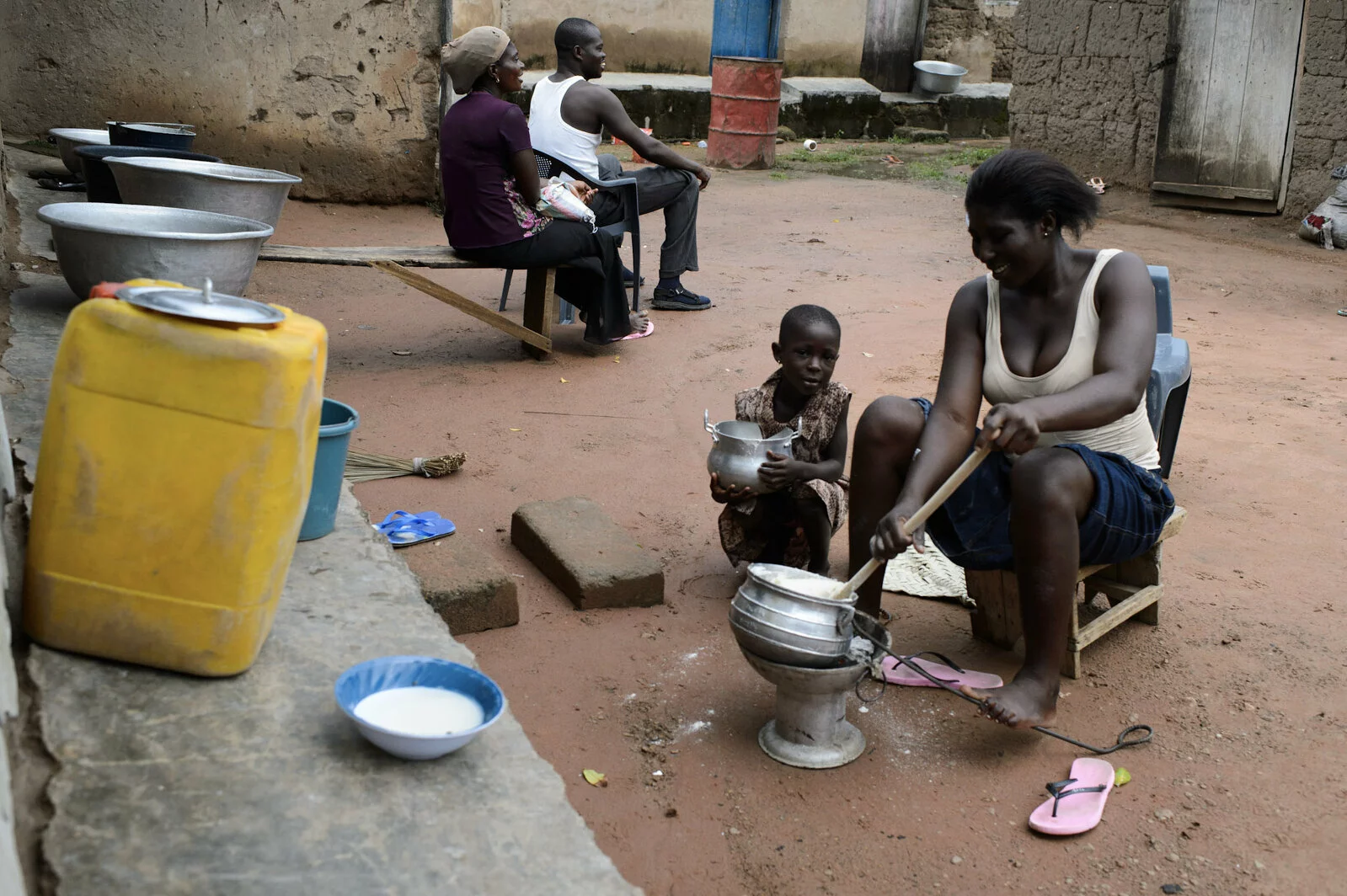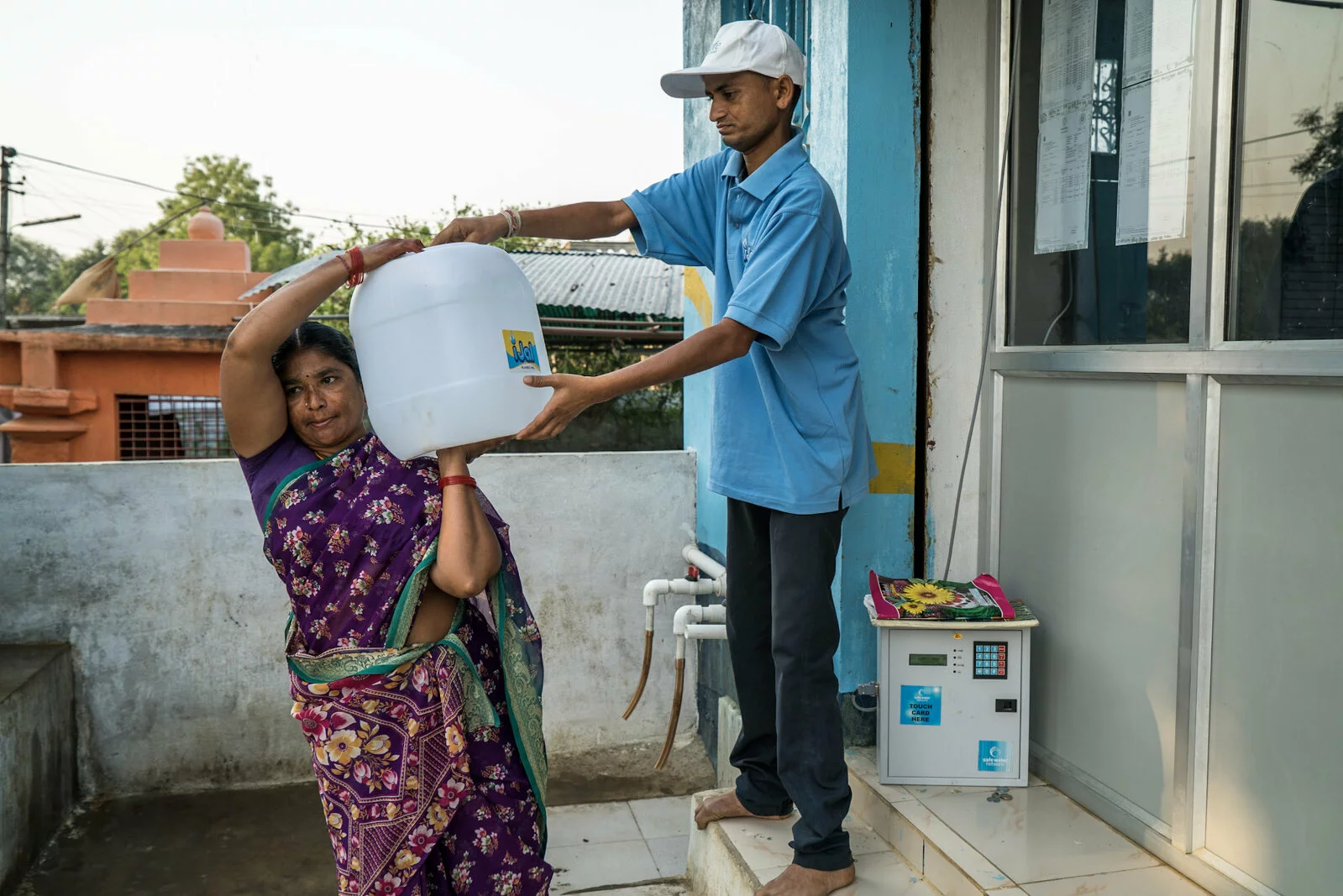Household Water Treatment and Safe Storage: Measurement and Private Sector Participation
By: Safe Water Network | Government of Ghana | UNICEF
The Government of Ghana (GoG), with support from UNICEF, has developed a national strategy document to guide water, sanitation, and hygiene (WASH) stakeholders on how to mainstream household water treatment and safe storage (HWTS) awareness in their routine field activities. This was developed in pursuance of the overall need for improved HWTS promotional frameworks for effective implementation and future scale-up. The GoG has rolled out the implementation of HWTS across regional, district, and community levels in Ghana since 2014.
The GoG and UNICEF, in collaboration with Safe Water Network, carried out an assessment of HWTS promotional activities, strategies and guidelines, skill capability of HWTS promoters, and private-sector participation in HWTS promotion. Key informant interviews, focus group discussions, observation of HWTS facilitators, products and practice, and socio-economic survey administration to households aided this assessment. This report presents an output of an assessment of the measurement of HWTS, as well as opportunities for private-sector participation.



